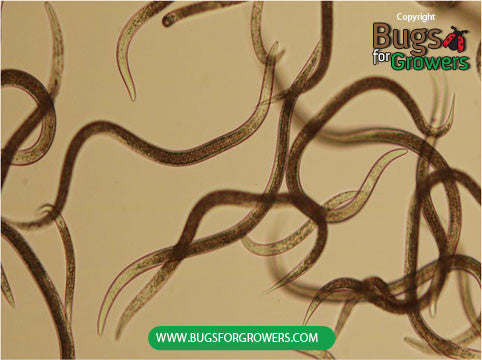Mole Crickets
Damage caused by the mole crickets
Depending on the species, mole crickets cause direct and indirect economic damage to turfgrasses. There are two species including the tawny mole cricket (S. vicinus) and short-winged mole cricket (S. abbreviatus) that cause direct damage by feeding on the roots and vegetative parts of turfgrass but third species called southern mole cricket (S. borelli) cause mechanical injuries to turfgrass roots by their tunnelling activity. Thus both direct feeding and mechanical injuries lead to drying of grasses that in turn can cause millions of dollars of annual loss to turfgrass industry.
Facts (show all)
- Common names
-
- Mole Crickets
- Scientific name
-
- Scapteriscus vicinus, S. abbreviatus and S. borelli
- Identification
-
Adults: Adults of three species of mole crickets slightly vary in their colors from honey brown to greyish brown in color and about 1.5 inch long. All the species have forelegs with “digger claws” but their space shape differ with the species.
Eggs: Eggs of mole crickets are oval in shape and brownish in color. Each egg is with four dots. Two small dots represent the mandibles and two large dots represents the eyes of first stage nymph before hatching.
Nymphs: Nymphs of mole crickets resemble their parents but they are comparatively smaller and wingless.
Pupae: No Pupae.
- Biology
-
Mole cricket females generally lay eggs in a chamber about 4- 12 inches deep in the soil. Depending on the temperature, eggs hatch into small nymphs within a week. Newly hatched nymphs then start feeding on the turfgrass. While feeding, these nymphs molt 6- 8 times and then become adults.
- Organic Control of the Mole Crickets
-
- Following beneficial bugs and plant products are used for organic control of the Mole Crickets
- Beneficial Nematodes
-
- Steinernema carpocapsae
- Plant product from neem tree seeds
-
- Molt-X- Active ingradient is Azadirachtin

